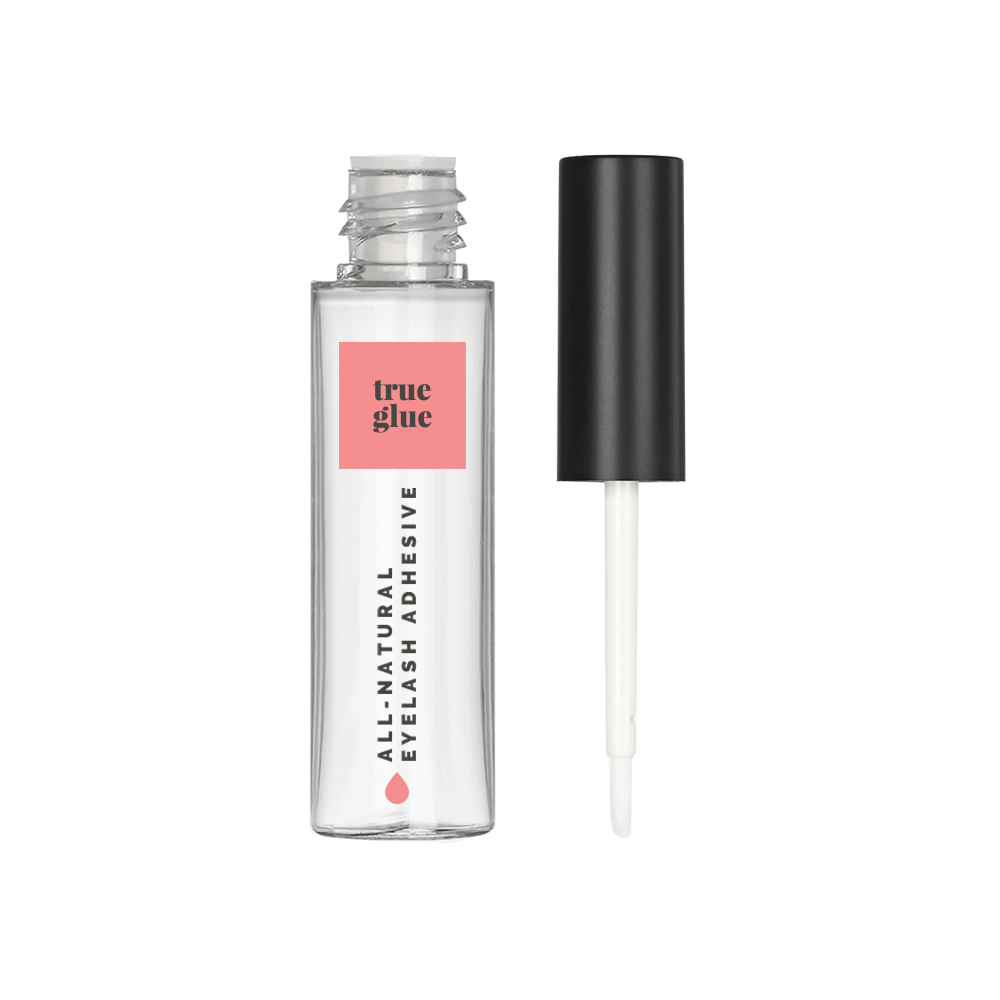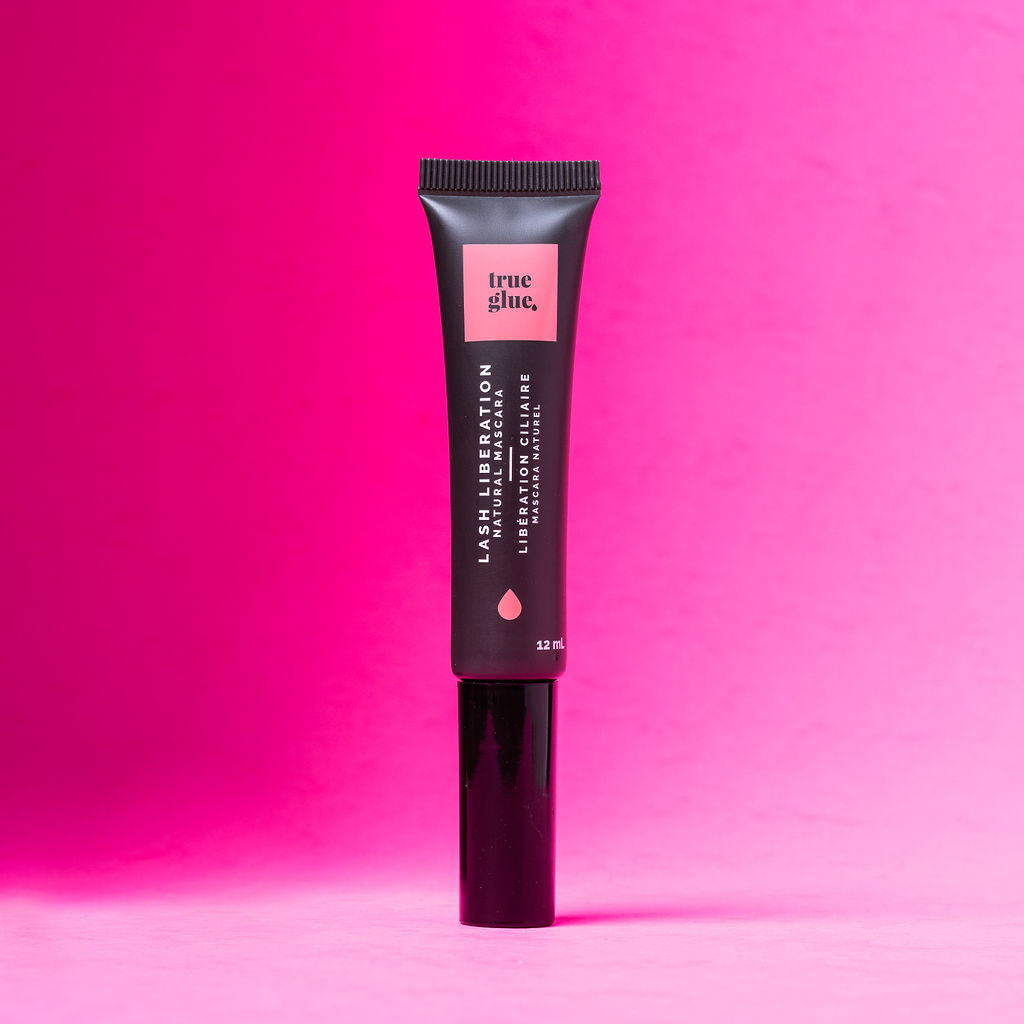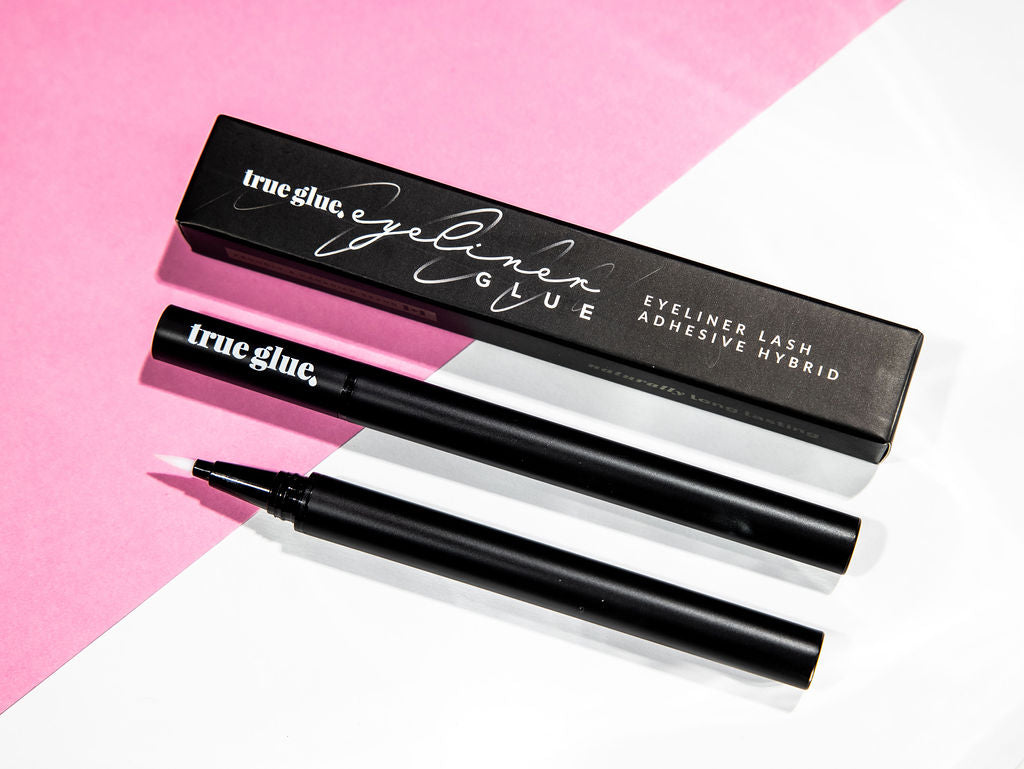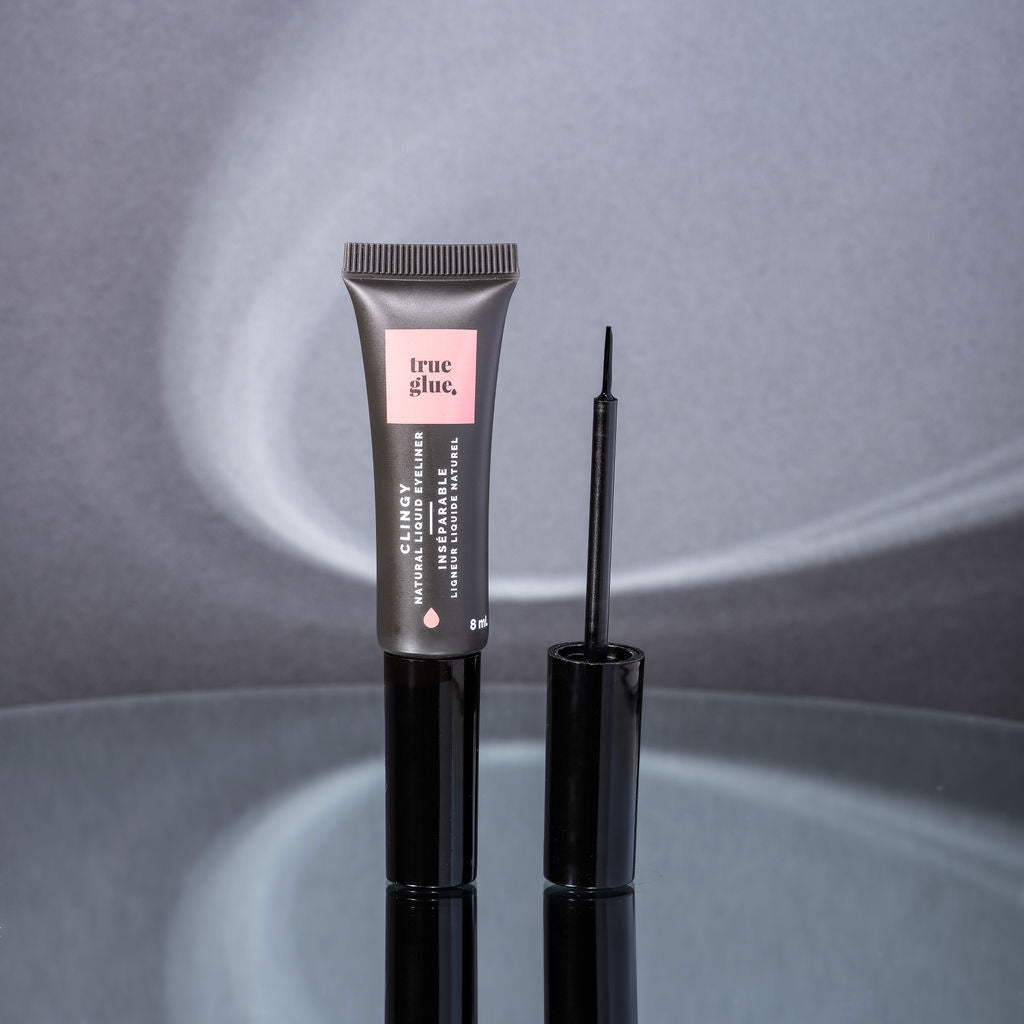The desire for products that not only enhance our appearance but also align with our values is more prominent than ever. Among these values, environmental sustainability stands out as a leading concern. Natural cosmetics, with their eco-friendly credentials, are making a significant impact on the environment, promoting a greener and more sustainable future.
Understanding Natural Cosmetics
Natural cosmetics are products made from ingredients sourced from nature. These ingredients are minimally processed and free from synthetic chemicals, preservatives, and artificial fragrances. The shift towards natural cosmetics reflects a broader trend of embracing eco-friendly and health-conscious lifestyles.
Reducing Chemical Pollution
One of the most significant environmental benefits of natural cosmetics is the reduction of chemical pollution. Conventional beauty products often contain harmful chemicals such as parabens, phthalates, and sulfates. When these products are washed off our bodies, they enter the water system, eventually making their way into rivers, lakes, and oceans. These chemicals can be toxic to aquatic life and disrupt ecosystems.
In contrast, natural cosmetics use biodegradable ingredients that break down more easily in the environment. This reduces the overall chemical load in our waterways, protecting marine life and maintaining the health of aquatic ecosystems.
Sustainable Sourcing and Ethical Practices
Natural cosmetic brands often prioritize sustainable sourcing of ingredients. This means harvesting plants and other natural materials in ways that do not deplete resources or harm the environment. For instance, many brands support organic farming practices, which avoid the use of synthetic pesticides and fertilizers, promoting healthier soil and biodiversity.
Additionally, ethical practices such as fair trade ensure that the communities involved in producing these ingredients are treated fairly and paid justly. This supports social sustainability alongside environmental stewardship.
Reduced Carbon Footprint
The production of natural cosmetics typically involves less energy-intensive processes compared to conventional products. The avoidance of synthetic chemical manufacturing and the emphasis on local sourcing can significantly reduce the carbon footprint of these products. Moreover, many natural cosmetic brands invest in eco-friendly packaging solutions, such as recycled or biodegradable materials, further minimizing their environmental impact.
Promoting Biodiversity
By choosing natural cosmetics, consumers support agricultural practices that promote biodiversity. Organic farms, which are often the source of ingredients for natural cosmetics, maintain diverse ecosystems by growing a variety of plants and avoiding monoculture practices. This diversity is crucial for the health of our planet, as it supports a wide range of species and creates resilient ecosystems.
Inspiring Consumer Awareness and Action
The rise of natural cosmetics also plays a vital role in raising awareness about environmental issues. As consumers become more informed about the ingredients in their beauty products and their impact on the planet, they are more likely to make conscious choices. This shift in consumer behavior can drive broader changes in the industry, encouraging more brands to adopt sustainable practices.
True Glue's Commitment to the Environment
At True Glue, we are proud to be part of this green revolution. Our Butterfly Effect line, in particular, exemplifies our commitment to environmental sustainability. A portion of the proceeds from this line is donated to the David Suzuki Foundation to preserve butterflies and their habitats, highlighting our dedication to protecting biodiversity. Additionally, our products are made with natural ingredients, ensuring that they are safe for both you and the planet.
The impact of natural cosmetics on the environment is profound and multifaceted. From reducing chemical pollution to promoting sustainable sourcing and ethical practices, these products offer a way to enjoy beauty without compromising the health of our planet. As more consumers and brands embrace this eco-friendly approach, we move closer to a future where beauty and sustainability go hand in hand.
Blog Photo: Kourosh Qaffari














